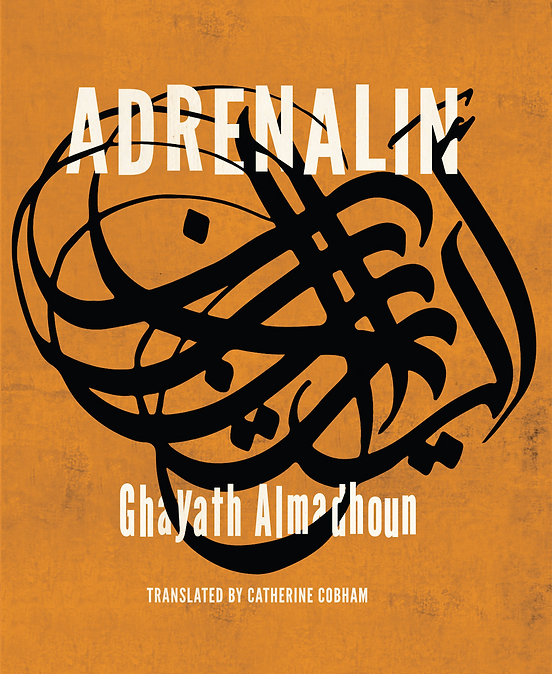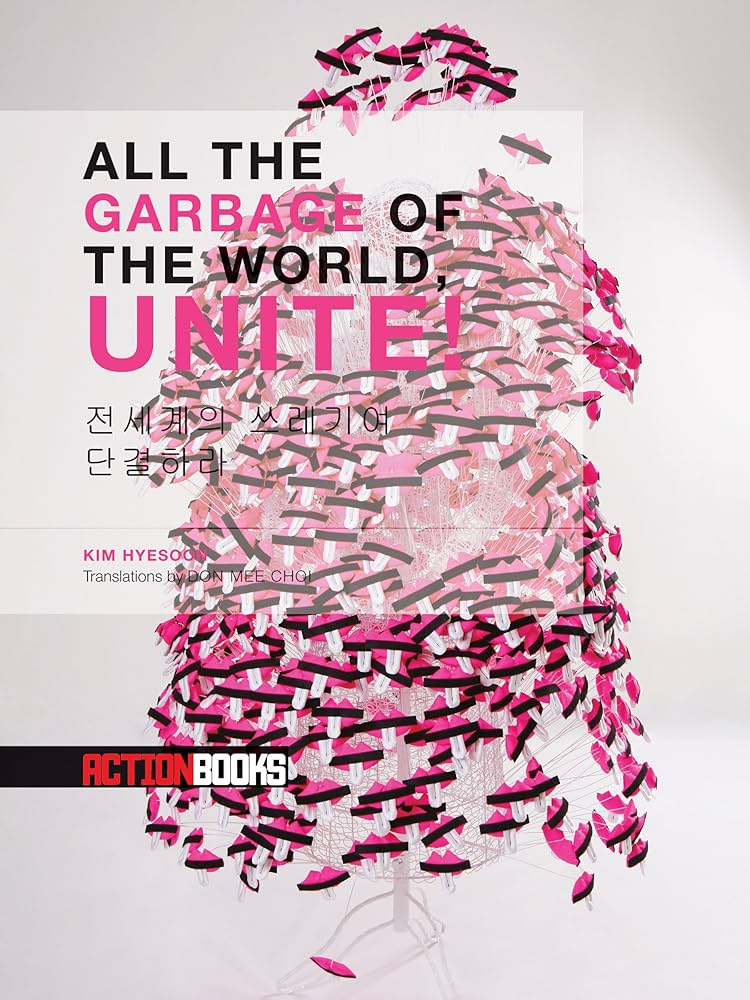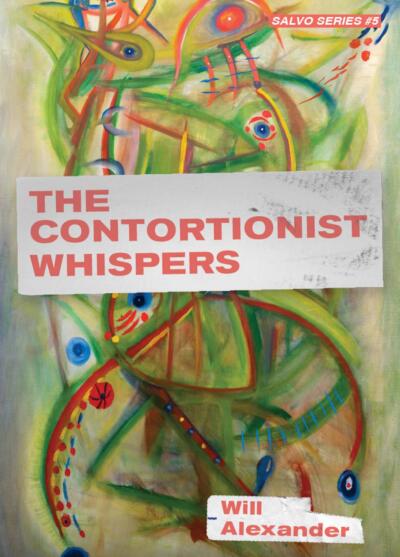
‘What is poetry and if you know what poetry is
what is prose’ – Gertrude Stein
I am often drawn headily into a prose poem. Its stark brick-like appearance on the page. But how do we define the form and why is it so tantalising, particularly in contemporary poetry?
Simply put, the prose poem is one without line breaks or what Michael Riffaterre called the ‘genre with an oxymoron for name.’ Why are writers themselves pulled towards this line-break-less mode. Is it just the poet’s fanciful imitations of fiction? I think not. Jeremy Noel Todd writes ‘both [the prose poem’s] manner and its matter resist generalisation’ beyond that of its lack of line-break. However across all prose poems lies the rebellious joke within its parameters, that pulls on the strings of genre to transgress and undermine the notions of its narrative box.
I believe the prose poem to be an inherently transgressive mode. In translation I think of it to be further politicised and errant. The physical body of the prose poem laid out towards the margins compels the reader to look and resist looking away, to follow each string sentence like a twisted path. Confronted with the implication of narrative intent, the writer wraps the prose poem around the page, sprawls its contents which seep to the very end. We the reader are strapped into to its landscape, without line breaks to offer respite.
In the poem ‘WE’ from Ghayath Almadhoun’s first collection published in English, Adrenalin, he not only describes the scene of war, oppression, and invasion but creates a series of apologies and announcements. ‘We, who are strewn about in fragments, whose flesh flies through the air like raindrops, offer our profound apologies to everyone in this civilised world…’ In the guise of formality, the writer doesn’t let off the brakes, transforming apology into a vehicle for acknowledgement of past and present atrocities. Importantly there is always a level of satire and the prose poem lifts this to our attention, attacking the comforting sense of reassembly within the prose form: ‘We apologise for the suffering we caused to all who saw us like that, unembellished, with no attempt to put ourselves back together or reassemble our remains…’ Within ‘WE’ is the mimicking of prose found in legal documents, political speeches, and points to the insufficiency of the language of these documents. The human so often resists these formalities. Almadhoun confronts us instead with the reality of the naked and bloody.
If Almadhoun confronts the reality of human suffering, Kim Hyesoon disorients the prose poem with the infusion of pain directly into the body. A form she uses time and time again. In her poem ‘Pinkbox’ from All the Garbage of the World, Unite! arrives a pinkbox that ‘smells like a far away place’ and ‘waits to be opened.’ Pinkbox begins as baby expecting to be rocked and cradled becoming a figure with ‘two hidden breasts that pull on the chest painfully.’ Kim Hyesoon’s movement through the world without name or structure except the arrival of this painful box propels us, limbless into the poem. We focus on the figure of the pinkbox whilst also being trapped within one, that of the prose poem. Kim Hysesoon meanwhile reminds us of the absurdity of it ‘(For your information, God doesn’t know how to make anything rectangular.)’ Lulled in to a false sense of security of the prose we are taken to the child-like spaces of subconscious longing. She dumps us in to the erotic pool as it were. We are the body of the poem and also the body of the box laid out and discarded.
Prose is also a space for comedic intent and thus inherently rebellious, defying the tradition of the line break, it deliberately invades our space to establish the poem. Will Alexander’s dense, kaleidoscope of elliptical images in the book and long poem divided into four parts The Contortionist Whispers, creates initially a claustrophobic feeling of rhetoric that with time mesmerises, as we become embedded in the density of his tantric wordplay. Alexander inverts by implying the essayistic: ‘As anomalous variant my sigil claims me…and if one no longer possesses the curious instinct that is culture, one remains without sustainment in keeping with the replication that is consumerist identity.’ Here, it is not so much about the individual line of the poem but its overall contortions and leaps on a wider stage. If there were line breaks perhaps the readers eye would be allowed to lift off the mark for too long to enjoy the performance.
‘You might think of the prose poem as a bastardised form – neither one thing nor another; a modernist mongrel’ — Kate Kellaway
Prose poems in translation are the height of hybridity and mongrel-ness if we are to use the words of Kellaway, that insinuate a dirt or desensitised image/code. I believe there is a neatness to the package of prose that is less mongrel and more the subversion of the pinkbox with the reality of its messy contents threatening to spill out. Its what keeps writers turning back to the form – the allure of a resolution capsized, the same naivety that envelops readers inside it.
In Don Mee Choi’s translation note to All the Garbage of this World, Unite! she writes, ‘as a defect, I don’t know how to affect something else other than bunny cartography. I am not being polite’ in reference to the depiction of Korea as a side view of a rabbit, severed and stitched back up. I am interested in the cartography of the prose, the way it cuts and bends whilst encased in its pinkbox and incites us when leaving the poem, ‘burn this box’.
Helen Quah is a British poet and doctor who has lived and worked in London for the last ten years. Interested in the surreal, political and genre-shifting poetry of writers such as Kim Hyesoon, Bhanu Kapil and Don Mee Choi, her own work has appeared in British publications such as The Rialto, Magma, and The Poetry Review. She is a 2023 Eric Gregory Award recipient for her debut chapbook Dog Woman, which was published in June 2022 with Out-Spoken Press, inspired by the work of Portuguese painter Paula Rego. She is an Assistant Editor of Action Books.


